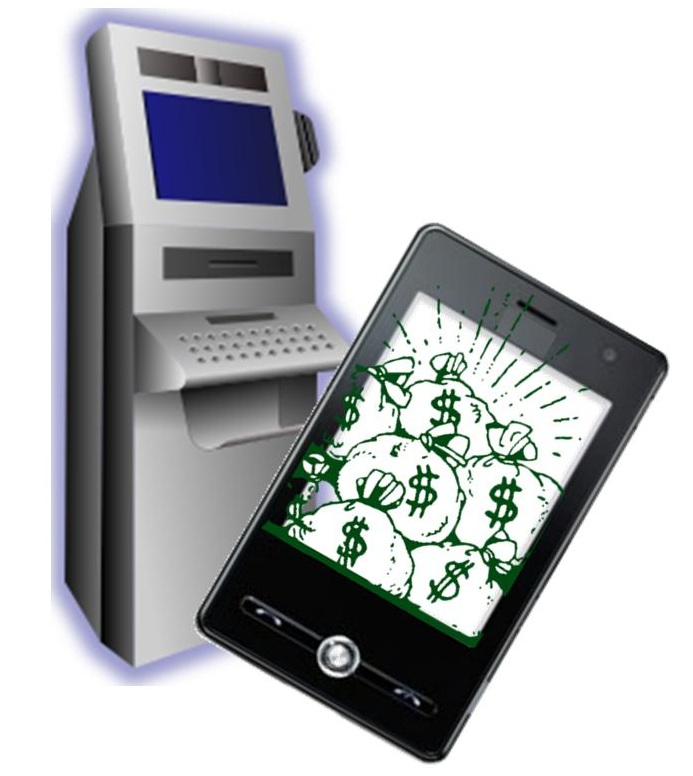Report shows consumers want mobile commerce platforms from their banks
A new report from the Future Foundation, a global research firm, suggests that consumers in the United Kingdom may be more willing to participate in mobile commerce if payment platforms came directly from their banks rather than from third party groups. Mobile commerce has been gaining prominence around the world, but many consumers remain wary of paying for products using their smartphones and tablets. These consumers often cite security concerns and worry that their financial information may be put at risk through their participation in mobile commerce.
Banks are growing more interested in mobile payments
Many banks and financial services firms have shown a great deal of interest in mobile commerce. These organizations typically embrace mobile payments and allow for consumers to use their accounts to make such transactions. Few of these banks offer their own mobile payment platforms, however, opting instead to support those being offered by third parties, such as Google and Isis. In the United Kingdom, this may be driving consumers away from mobile commerce.
 Consumers may have more confidence in mobile commerce if banks get involved
Consumers may have more confidence in mobile commerce if banks get involved
The report shows that 57% of consumers would have more trust in mobile commerce applications coming from their own banks. The report also shows that approximately half of the country uses a mobile device to purchase products online. Consumers claim that they would spend more money in mobile commerce if they could trust their applications. Therefore, if banks begin supporting their own mobile commerce platforms, transactions made through mobile devices may see aggressive growth.
Strict regulations foster secure environment for mobile payments
One of the reasons that consumers would trust mobile commerce applications from their banks has to do with the regulations that exist to manage these banks. Financial services firms are saddled with a great deal of responsibility and must adhere to strict standards that are generally imposed by government organizations. These regulations put a major emphasis on security, which could foster confidence among consumers when it comes to mobile commerce.

